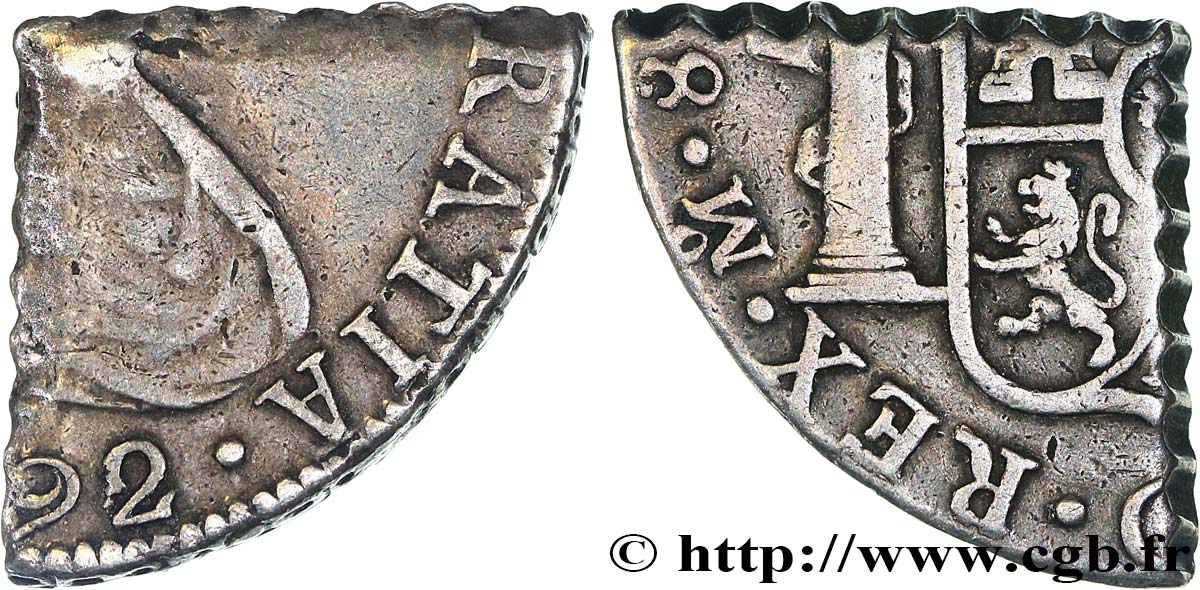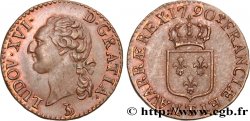Live auction - fwo_671936 - MARTINIQUE Moco ou 3 escalins 1792
You must signin and be an approved bidder to bid, LOGIN TO BID. Accounts are subject to approval and the approval process takes place within 48 hours. Do not wait until the day a sale closes to register. Clicking on "BID" constitutes acceptance of the terms of use of cgb.fr private live auctions.
Bids must be placed in whole Euro amounts only. The sale will start closing at the time stated on the item description; any bids received at the site after the closing time will not be executed. Transmission times may vary and bids could be rejected if you wait until the last second. For further information check the Live auction FAQ
All winning bids are subject to a 18% buyer’s fee.
All winning bids are subject to a 18% buyer’s fee.
| Estimate : | 800 € |
| Price : | 1 750 € |
| Maximum bid : | 1 750 € |
| End of the sale : | 15 June 2021 19:06:17 |
| bidders : | 6 bidders |
Type : Moco ou 3 escalins
Date: 1792
Quantity minted : -
Metal : silver
Diameter : 27 mm
Orientation dies : 12 h.
Weight : 6,28 g.
Edge : décorée
Coments on the condition:
Bords dentélés. La pièce est couverte d’une patine grise homogène
Catalogue references :
Obverse
Obverse legend : [...]RATIA [17]92.
Obverse description : Buste lauré à droite de Charles IV.
Reverse
Reverse legend : [...]. REX. M°. 8 [...].
Reverse description : Armes de l’Espagne.
Commentary
Monnaie produite à partir d’un quart de pièce de 8 reales de l’atelier de Mexico, à l’effigie de Charles IV d’Espagne.








 Report a mistake
Report a mistake Print the page
Print the page Share my selection
Share my selection Ask a question
Ask a question Consign / sell
Consign / sell
 Full data
Full data







